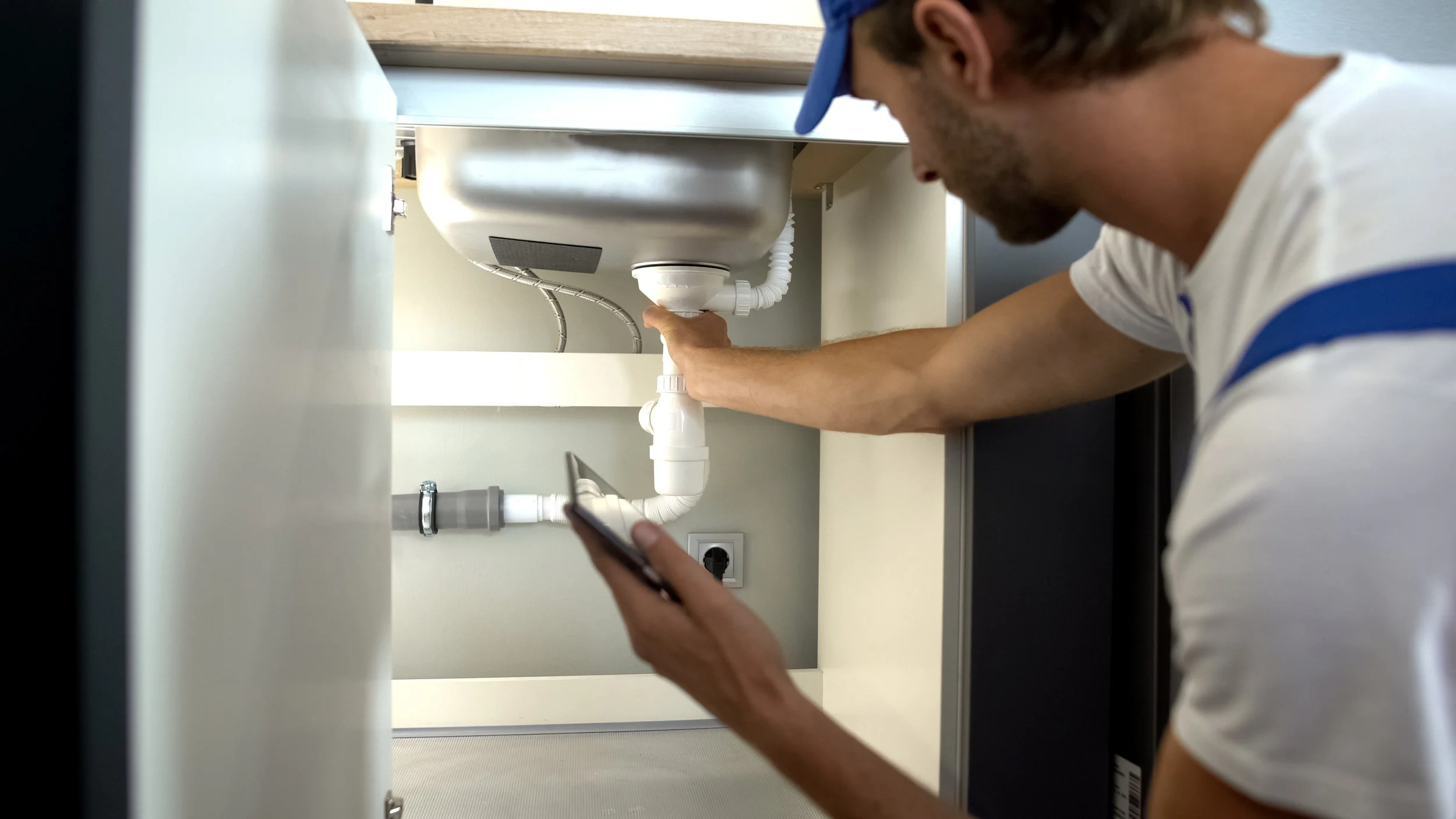Plumbing Inspection 101: How Leaks Speak for Themselves
Leaky plumbing is one of the most common problems that homeowners face. Not only are leaks a nuisance, but they can also lead to serious water damage if left unchecked. That's why it's important to know how to identify a leak, and what to do about it.
Discovering Water
One of the most apparent signs of a leak is water accumulating in a place that it shouldn’t be. If you see water pooling anywhere in your home, it's a good idea to check for leaks. If you reach under a cabinet and find that items stored there are wet, or there is a musty smell, this is a good indication that there is a leak. If you find soft spots, peeling or bubbling paint, or warped flooring, you guessed it, you likely have a leak.
Another sign of a leak is a sudden increase in your water bill. If you haven't changed your usage habits but your bill is suddenly higher than usual, you're likely losing water somewhere. Discovering a leak this way is tough because the increased bill is the only sign that there may be a problem.
Inspecting for Leaks
The best way to inspect for leaks is to check all of the exposed pipes in your home. Pay close attention to any joints, valves, and fittings, as these are common places for leaks to occur. If you see any water or moisture around a pipe, this is a good indication that your leak is there.
If you suspect that there may be a hidden leak, the best thing to do is call a professional plumber. Companies like Bud's Plumbing, Heating, Air Conditioning & Electric have the tools and knowledge necessary to properly locate and fix the problem. Their expertise is especially critical in instances where the leak may be encased within a concrete foundation, in the walls, or underground.
Mitigating Damage
In the meantime, there are a few things you can do to minimize water damage. First, turn off the water supply for the affected area. Minimizing the escaping water will help to contain the problem. If possible, remove any items that may be affected by water damage. These items can be placed in a dry, safe location until the leak is fixed. If you have fans, turn them on to help circulate air and dry the affected area. Contact your insurance agent to see if your policy covers water damage. If it does, they can help you to file a claim.
Water leaks are damaging and disruptive, and if left unchecked, they can lead to serious long-term expensive problems. That's why it's important to know how to identify a leak and then act quickly to resolve it.


